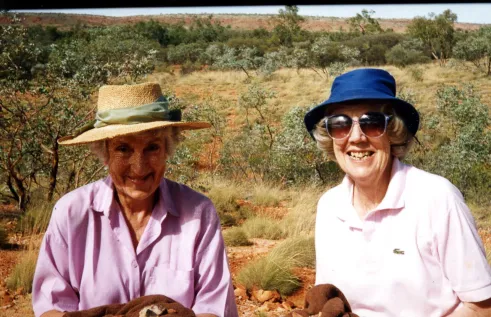Residual Bequest:
Residual Bequests is simply the balance of an Estate - or a percentage thereof – after all other gifts, taxes and debts have been fulfilled. This type of Bequest maintains its relative value and automatically adjusts as the value of an Estate increases. Residual Bequests allow individuals to remain confident that the gifts received will retain their value when the Estate is realised.
Pecuniary Bequest:
These are fixed, or set, amounts determined by at the time of drawing up or altering the Will.
Specific Bequest:
Specific Bequests refer to leaving a gift of an item of value, to be passed on to the beneficiary in order to generate funds. Examples include investments, property, collections, art objects, jewellery.
Restricted or unrestricted?
An Unrestricted Bequest to CDU allows the University to dedicate the funds to the area of greatest need.
Restricted Bequests are designated to a specific program or activity within the University and are applied in strict adherence with the bequestor's wishes. Examples include building a new research institute, attract a world-class researcher via a Research Chair, establish a new scholarship or support an existing scholarship.
Endowment
An endowment is truly a long lasting legacy. Endowed gifts are invested in a trust fund and only the earnings, or dividends, generated from the investment are spent. This provides an ongoing source of funding for either a specific, or unrestricted purpose.
